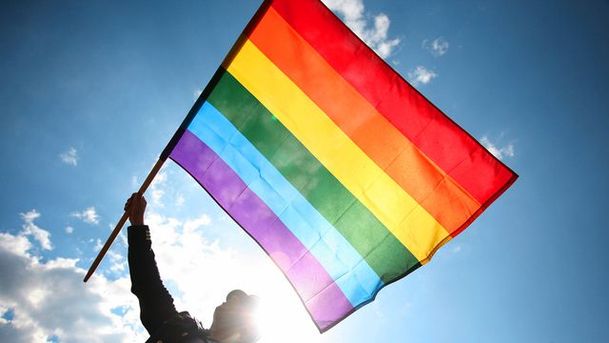Stonewall: The Riots That Triggered the Gay Revolution

In June 1969 a police raid on a gay bar in Greenwich Village exploded into a night of violent protest. What followed was a week of rioting with pitched battles between the New York gay community and riot police. It was a watershed in gay history which inspired a new militant phase in the gay rights movement. Forty years on, Tom Robinson asks why the word Stonewall still has such a powerful resonance for gay people around the world. During the 1960s homosexuality was still classified as a mental illness in the US, with "sufferers" subject to frequent victimisation from the police and society at large. As a private members bar, the Stonewall offered a refuge of sorts where gay people were allowed to dance freely together. When police entered the bar shortly after midnight on a hot and humid Friday night in 1969, it exploded in unprecedented fashion. Contributors include Seymour Pine, the policeman who led the raid; and Howard Smith, the journalist stuck inside when the crowd turned on the police and attempted to set fire to the Stonewall Inn. There are also eye-witness from the rioters themselves and we learn how the rallying in subsequent months led to a sea change in gay rights activism and the establishment of the annual Gay Pride parade to mark the riots. Also featuring previously unheard archive interviews with late activists Craig Rodwell and Barbara Gittings. And we return to the Stonewall Inn, as it is today, to find out what resonance the word Stonewall has for the next generation of gay people. In 2009 has the battle been won? Tom Robinson kick started his own musical career with the notoriety of Glad To Be Gay and rounded it off twenty years later with an album cheerfully titled Having It Both Ways. He presents his 6 Music show every Friday at 9.00pm, as well as the network's twice weekly show for new music, BBC Introducing.